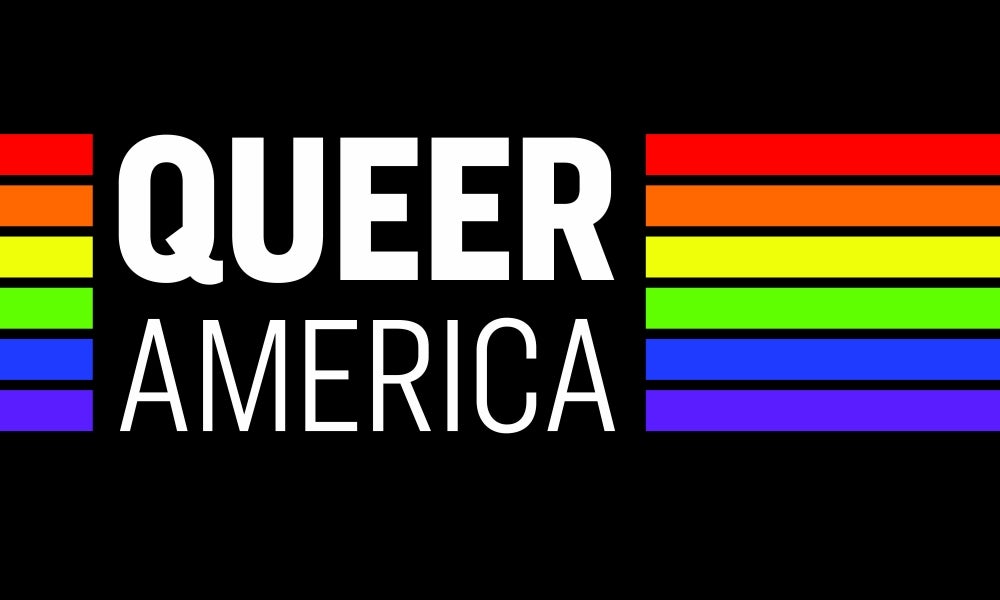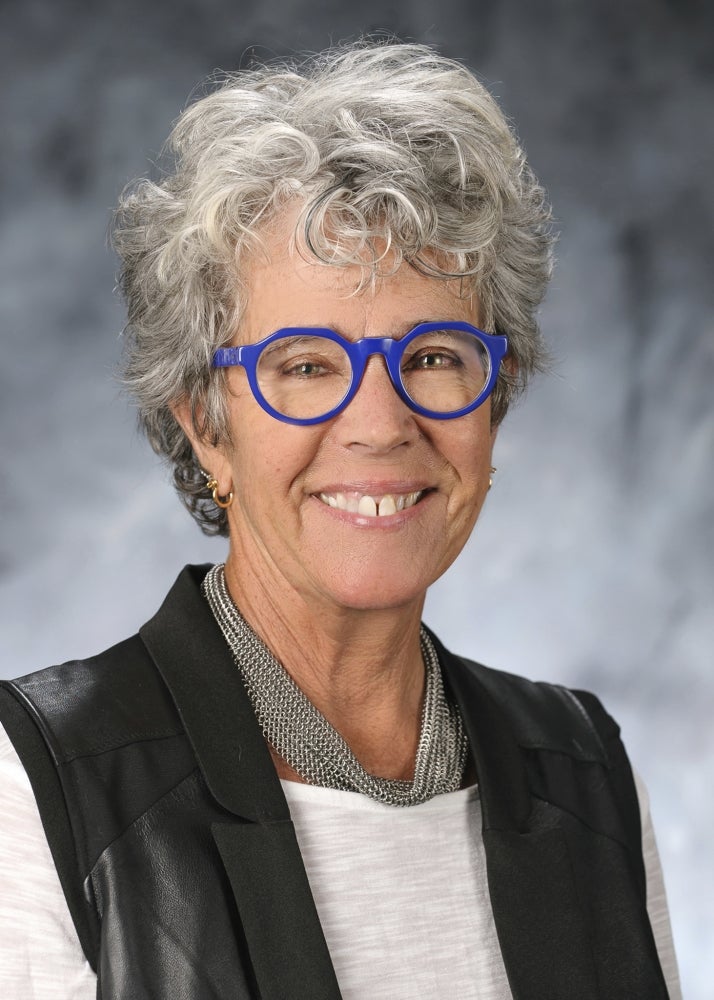
‘Teaching Tolerance’

For U.S. history teachers around the country, the problem of how to integrate the complex themes of LGBTQ history into the curriculum just got a little easier. UC Santa Barbara professor Leila Rupp has partnered with the Southern Poverty Law Center (SPLC) and the University of Wisconsin Press on a 10-episode podcast that delves into practical ways teachers can discuss sexual and gender identity throughout the decades in their classrooms.
The podcast, “Queer America: Teaching Tolerance,” is co-hosted by Rupp, a professor in UC Santa Barbara’s Department of Feminist Studies, and John D’Emilio, a professor emeritus of history and of women’s and gender studies at the University of Illinois at Chicago. Each episode begins with a short personal anecdote from one of the hosts before expanding on a specific theme or era of history that fits into contemporary K-12 curricula.
Using storytelling as a hook, “Queer America” delves into topics like romantic friendship, the Second World War, the 1960s, the experiences of trans people in different time periods and how to best incorporate LGBTQ history into existing lesson plans. The podcast is produced by Teaching Tolerance, a project of SPLC founded to stem the growth of hate by providing free resources to educators. Episodes are available now.
“The goals of this project are to reach teachers who are really committed to integrating something about queer history into their courses but aren’t experts in the area,” Rupp said. “They can listen to these podcasts and not only get the substance of what to teach, but also ideas about how to do things in the classroom. It’s very practically oriented. We discuss classroom strategies, available resources, possible challenges, and how to handle problems that emerge.”
The podcast’s content is based on a book that Rupp co-edited with a former graduate student, Susan Freeman, titled “Understanding and Teaching U.S. Lesbian, Gay, Bisexual and Transgender History” (University of Wisconsin Press, second edition, 2017). “We chose chapters from the book that we thought would be useful and themed the podcast episodes on those chapters,” explained Rupp. “In most cases, the scholar who wrote the chapter is actually doing the episode.”
When Rupp was first approached about doing the podcast, she was excited about the possibility of adapting her work into a new format, though she admits to knowing little about the world of digital audio. “Not only am I someone who has never done a podcast before,” Rupp said, “but I had never even listened to one.”
Rupp said she decided to take on the challenge because she believes in the power of storytelling and is passionate about the positive effects of introducing often neglected LGBTQ history and themes to students of all ages and identities. “It’s important to teach this material not just to queer students but to everybody,” she said. “There’s research that shows that any mention at all of queer history in the classroom has an impact on the climate — it can lower the level of bullying and make a difference in queer students’ confidence and acceptance.”
Perhaps most valuable to the teachers who are tuning in, the podcast format makes the topic fun and easy to digest. “When I talk to teachers, what they say is not only do they have limited time in the classroom to cover all of the required material, but it’s hard to find the time to educate themselves on new topics,” said Rupp. “This is something teachers can listen to while driving or doing something else. The podcast brings the material to them where they are already. Also, it’s free. That’s important when K-12 teachers have to spend their own money on resources and even classroom supplies.”
The first episodes of “Queer America” are available now on iTunes. New episodes will be posted each week.



